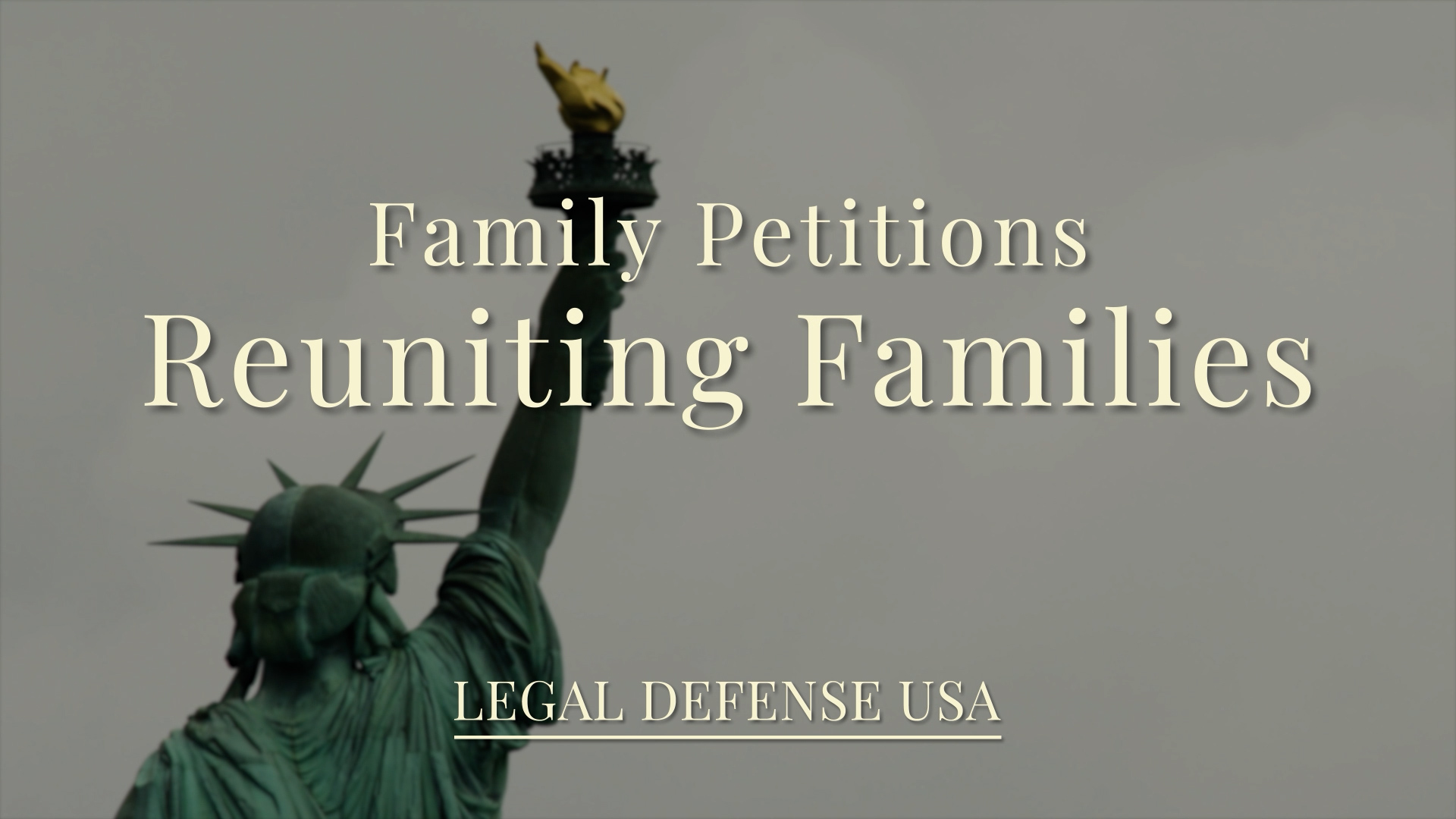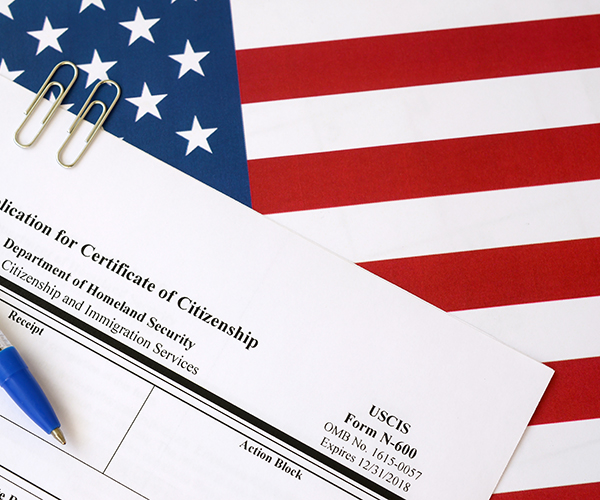Family Petitions: Bringing Loved Ones Together
Navigating the U.S. immigration system can be complex, especially when it comes to reuniting families. Family petitions, also known as family-based immigration, allow U.S. citizens and lawful permanent residents to sponsor their family members to join them in the United States. Understanding this process is essential for bringing your loved ones closer and creating a new life together in America.
Who Can Sponsor?
As a U.S. citizen, you can sponsor your spouse, children, parents, and siblings. Lawful permanent residents (green card holders) can sponsor their spouse and unmarried children. The relationship between the sponsor and the beneficiary determines the eligibility and the type of petition that needs to be filed.
Types of Family Petitions
- Immediate Relatives: These include spouses, unmarried children under 21, and parents of U.S. citizens. Immediate relatives have the advantage of not being subject to annual visa limits, making the process generally quicker.
- Family Preference Categories: These are for other qualifying family members such as adult children and siblings of U.S. citizens, and spouses and unmarried children of lawful permanent residents. These categories have annual numerical limits, which can result in longer waiting times.
The Process
Filing a family petition involves several steps:
- Petition for Family Relative: The U.S. citizen or permanent resident sponsor must file Form I-130, Petition for Alien Relative, with U.S. Citizenship and Immigration Services (USCIS). This form establishes the family relationship.
- Approval and Waiting: In some cases, applications for residency (green card) and work permit can be submitted simultaneously while the Petition for Family Member is pending. This can speed up the process considerably. In some cases, the approved Petition must be sent to the National Visa Center (NVC) for appointment and processing at the local Consulate. The family preference categories clearly indicate the waiting period based on the visa bulletin and the applicant’s priority date.
- Consular Processing or Adjustment of Status: If the beneficiary is outside the U.S., they will go through consular processing at a U.S. embassy or consulate. If they are in the U.S., they may apply for adjustment of status to become a permanent resident. USCIS may choose to interview one or both family members. In some cases, a Conditional Residence Card (2 year Green Card) is issued. A Petition to Remove Conditional Residence must be filed prior to the 2 year Conditional Residence Card expires.
Why Legal Assistance is Crucial
Navigating family petitions requires careful attention to detail and adherence to specific guidelines. An experienced immigration attorney does not just complete a forms. Our team is trained to look at each case in significant details to ensure the applicants are eligible for such applications, tailor the submission package to address any challenges for eligibility, and prepare the family for the next steps to come including understanding wait times and interview process. Legal assistance can significantly reduce the stress and uncertainty associated with the immigration process, paving the way for a smoother transition to life in the United States.
Conclusion
Reuniting with family is a deeply cherished goal for many immigrants. Understanding the family petition process and seeking the guidance of a knowledgeable immigration attorney can help you achieve this dream, bringing your loved ones closer and building a brighter future together in America.
Areas of Practice
-
Sponsor your loved one to live in the U.S. Permanently Learn More
-
Removal by ICE or DHS Learn More
-
Apply to become a U.S. citizen Learn More
-
Visit or work in the U.S. Learn More
-
Immigrating to the United States is a life-changing decision that comes with a host of opportunities and challenges. Learn More
-
Family is at the heart of life’s most important moments. In the journey of immigration, being separated from loved ones can be one of the most challenging aspects. Learn More
-
For many Cubans seeking refuge and a new beginning, the Cuban Parole program offers a critical opportunity to enter and remain in the United States legally. Learn More
-
The new Biden program will provide families who have been in the U.S. since June 17, 2014 and married to a U.S. citizen an opportunity to gain parole, opening doors to permanent status. Learn More
-
One important aspect that can significantly impact the outcome of immigration cases is prosecutorial discretion. Learn More
-
Are you subject to reporting obligations to ICE/OSUP reporting? We can help. Learn More
-
You have options for appeals and waivers through the Board of Immigration Appeals (BIA). We can help. Learn More
-
Navigating the U.S. immigration process often involves attending an interview with U.S. Citizenship and Immigration Services (USCIS). Learn More
-
Conflict is an inevitable part of life, but how we handle it can make all the difference. Mediation is a great option. Learn More
-
Navigating family law matters can be emotionally challenging and legally complex. We understand the profound impact these issues have on your life and your loved ones. Learn More















